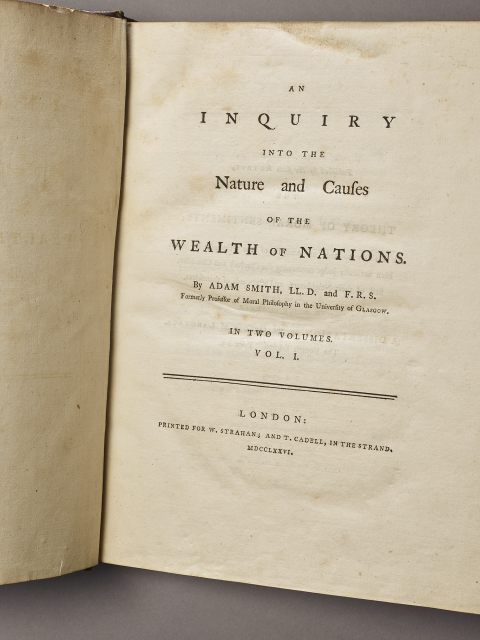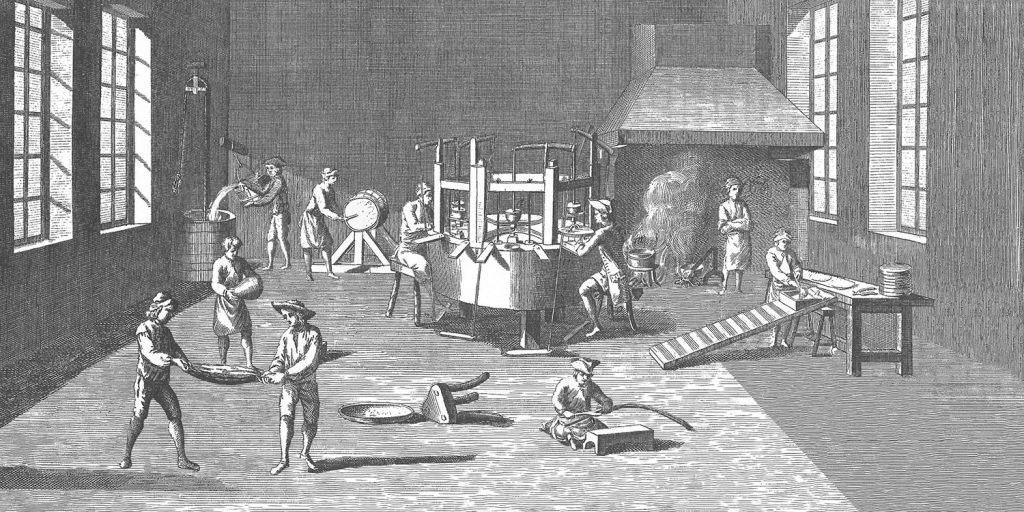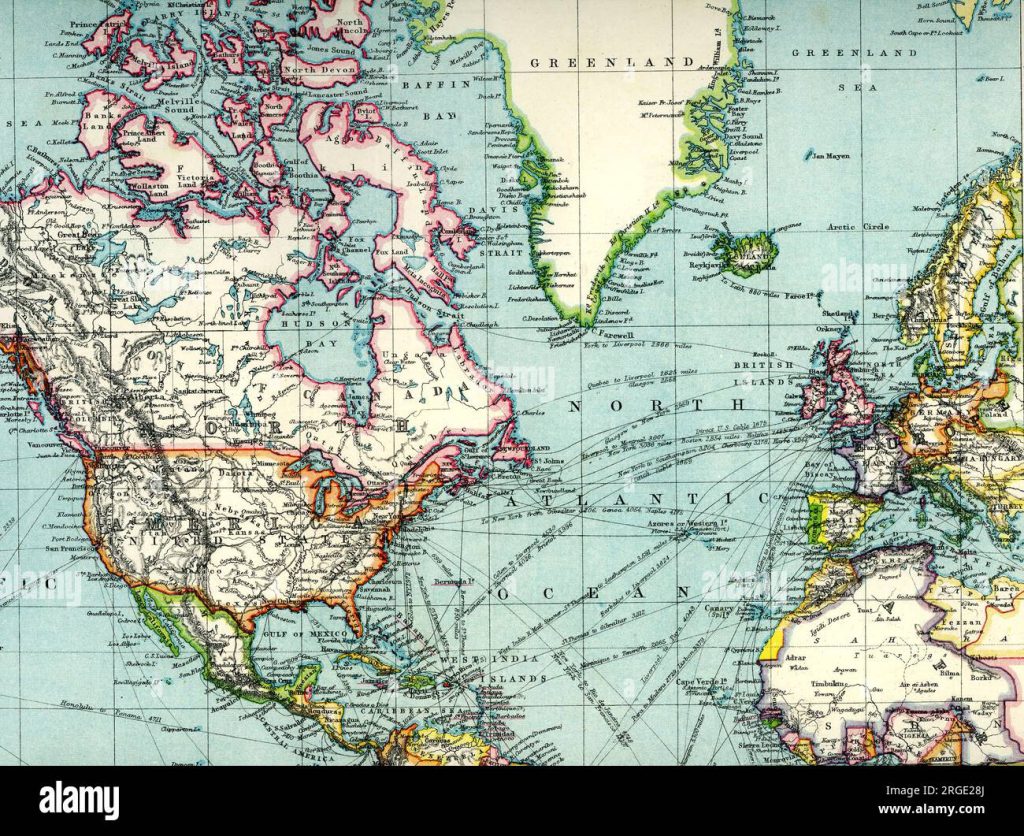If you open any textbook on markets, trade, or GDP you’ll meet Adam Smith—the reserved 18th-century professor whose ideas still guide debates on taxes, globalization, and even TikTok’s algorithmic “invisible hand.” Yet Smith began as a moral philosopher, not an “economist” (the word barely existed).
This article traces the life, ideas, and legacy of the man who turned questions about ethics and prosperity into the discipline we now call economics. You’ll see why his Wealth of Nations remains a bestseller 250 years on, and where modern thinkers challenge—or reinvent—his insights.
🧭 Scotland’s Enlightenment
Scotland in the 1700s buzzed with new universities, coffeehouses, and a publishing boom. Edinburgh’s thinkers—David Hume, James Boswell, Adam Ferguson—debated everything from geology to religious tolerance.
- Birthplace: Kirkcaldy, Fife, 1723, a small port town trading linen and salted herring.
- Education: University of Glasgow at 14; Oxford at 17 (where he famously found the lectures dull and taught himself instead).
- First Job: Professor of logic, then moral philosophy, at Glasgow—courses packed with miners’ sons and future merchants.

📚 From Morals to Markets
The Theory of Moral Sentiments (1759)
- Central idea: Humans are guided by empathy—Smith’s “impartial spectator.”
- Virtue ethics: Prudence, justice, beneficence form society’s glue.
- Key takeaway: Self-interest needs moral guardrails long before we talk about prices.
An Inquiry into the Nature and Causes of the Wealth of Nations (1776)
- Five books covering productivity, taxation, public goods, and colonial trade.
- Debunked mercantilism’s obsession with gold hoards; wealth equals annual production, not bullion.
- Introduced the division of labor as the flywheel of prosperity.

🔨 Pin Factories & Productivity
Smith opens Wealth with a vivid pin-factory vignette: ten workers, each doing one tiny task, churn out 48,000 pins a day—versus a few dozen if each worked alone.
- Specialization raises dexterity.
- Time saved moving between tasks.
- Invention of machines becomes viable only when tasks are narrow.
Modern echo: Your smartphone assembly line in Shenzhen is Smith’s pin factory scaled to microchips and robotics.

🕵️♂️ The Invisible Hand – Myth vs. Reality
Contrary to memes, Smith writes “invisible hand” only three times across all his works. He never claimed markets are flawless; he argued that, under certain rules (property rights, free entry, low corruption), individuals seeking gain can unintentionally boost social welfare.
- Self-interest ≠ Greed. It includes reputational pride and desire for fair play.
- Requires competition. Monopolies break the hand’s grip.
- Government Role: Enforce contracts, defense, public works where private returns fall short.
🏰 Smith on the State
Smith advocated limited but vigorous government:
| Public Function | Smith’s Rationale | Modern Parallel |
|---|---|---|
| National defense | Necessary pre-condition for commerce | Defense departments |
| Justice system | Protect property, punish fraud | Courts, regulators |
| Public works | Roads, bridges, harbors spill over in benefits | Highways, broadband |
| Education | Literate workers boost productivity | Public schools |
He even suggested progressive taxation on luxury carriages, worrying about inequality centuries before it topped Davos agendas.
🌍 Free Trade & Globalization
Mercantilists treated colonies as gold mines and banned foreign ships. Smith argued:
- Trade is positive-sum. Both sides gain via comparative advantage.
- Tariffs hurt the home consumer more than they enrich exporters.
- Colonial wars waste taxes that could build roads and schools.
Quote to remember: “Consumption is the sole end and purpose of all production.” —Book IV

🧑🏫 Teacher, Mentor, Celebrity
- Tour of Europe (1764-66): Tutor to young Duke of Buccleuch; met Voltaire and Turgot in Paris, absorbing physiocratic ideas.
- Intellectual Circle: Kept lifelong friendship with David Hume; their letters reveal wit and humility.
- Civil Servant: Became Commissioner of Customs in Edinburgh, proving he wasn’t anti-tax; he wanted smart taxes.

📈 Legacy – How Smith Invented (and Outgrew) Economics
- Classical School: Ricardo, Mill, and Marx all cite Smith—either building on or critiquing him.
- GDP & Productivity Metrics: Smith’s stress on output per worker foreshadowed modern national accounts.
- Policy Playbook: From Britain’s 1846 Corn Laws repeal to 1990s WTO rounds, leaders quote Smith to justify liberalization.
- Behavioral Counter-Currents: Kahneman, Thaler, and Sen revisit Moral Sentiments to show economics needs psychology—just as Smith insisted.
- Development Debates: Why are some nations rich? Smith’s triad—property, markets, honest government—still anchors research.
🧐 Critiques – Where Smith Fell Short
- Underestimated Industrial Capital. He saw factories but not network effects of giant corporations.
- Labor Theory of Value Seeds. His cost-of-production ideas later morphed into Marxist exploitation theory.
- Gender Blindness. Household labor invisible in his model.
- Environmental Oversight. Infinite growth assumed endless resources.
Yet most scholars view these as context limits, not fatal flaws.
🔍 Sources
- Primary: Wealth of Nations (Modern Library ed.), Theory of Moral Sentiments (Penguin).
- Biographies: Nicholas Phillipson’s Adam Smith, Jesse Norman’s Adam Smith: Father of Economics.
- Accessible Explainers: Russ Roberts’ How Adam Smith Can Change Your Life; podcast “EconTalk”—several Smith episodes.
Include a Gutenberg “Further Reading” call-out with affiliate links to boost SEO.
🌄 Why Adam Smith Still Matters in 2025
- AI & Automation: Division of labor now spans algorithms—Smith helps frame fears vs. gains.
- Deglobalization Debates: Tariff talk resurfaces; Smith’s free-trade math checks emotional nationalism.
- Stakeholder Capitalism: CEOs quote his Moral Sentiments to balance profit and purpose.
- Crypto & Digital Markets: Invisible-hand dynamics accelerate at blockchain speed, raising new regulatory “justice” questions Smith would relish.
📝 A Philosopher for All Seasons
Adam Smith proved that to understand markets you must first understand people—their empathy, ambition, and quest for dignity. Two and a half centuries later, his pin-factory parable powers IPO prospectuses, while his warning against crony monopolies haunts tech antitrust hearings.
Smith’s genius wasn’t predicting every future trend; it was crafting a framework robust enough to adapt—from steam engines to quantum chips. Learn his full story, and economic headlines read less like noise and more like an ongoing conversation started by a soft-spoken Scot who loved long walks and big ideas.



support our project
At History Affairs, we believe history belongs to everyone.
donateYour contribution helps us keep this global archive open, free, and growing — so people everywhere can learn from the past and shape a better future.
know the present
Defense Tech Needs the State, Not Less of It
Trump Era or The New Imperial Age
America First, Venezuela, and the Trap of Old Habits
Why the AI Race Has No Winner
reading more
Medieval Doctors and the Black Death: How They Fought Against Plague
Axis Powers in World War II: The Rise and Fall of Tyranny
Study a Philosophy: What and How It Is
The Chremonidean War: Athens and Sparta’s Last Stand Against Macedon
Aethelflaed: The Warrior Queen Who Shaped Early England
Napoleonic Battlefields to Visit: Austerlitz, Borodino, Leipzig & Waterloo
“O Jerusalem!”: Saint Louis, the Cross, and the Making of a Christian King
The Epic Rise and Tragic Fall of Julius Caesar
The Life and Reign of Saint-King Louis IX of France
Rum and Reform: The Transformation of Norfolk Island’s Penal Colony
Agamemnon: Leader of Mycenae and the Trojan War
Why Athens Exiled Its Most Popular Politicians